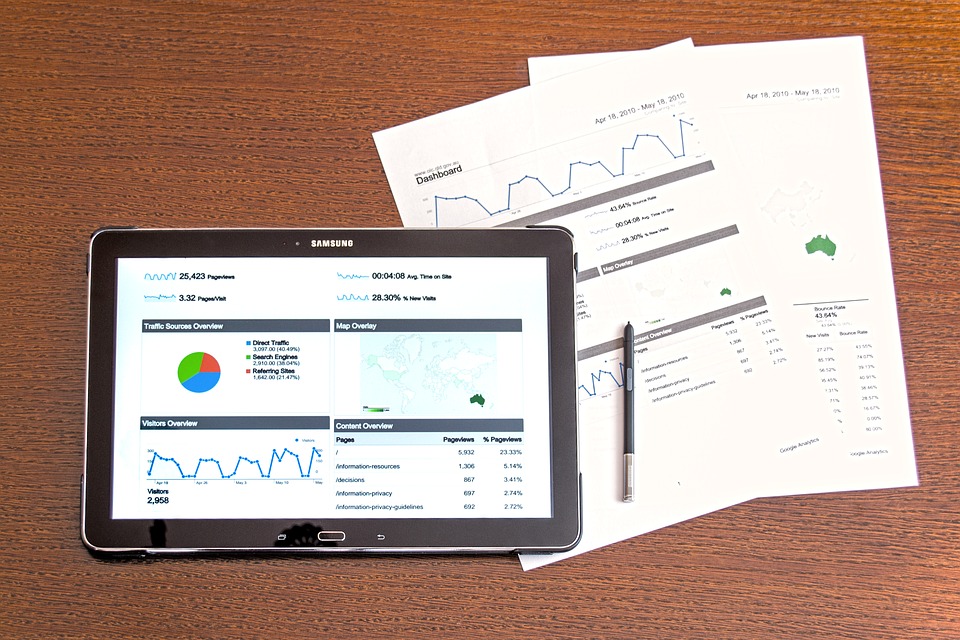Event surveys are an excellent method to collect feedback from attendees. They can help you understand what went well and what could be improved upon for future events.
Moreover, did you know that post-event surveys can also provide valuable data about your attendees? The following are just some possible data points you can collect with event survey questions. Depending on the event type, some data may be more relevant than others.
Demographics:
You probably know what general demographics (age, gender, and so on) your audience is. But post-event surveys are a great way to double-check your assumptions.
Are most of your attendees actually in the demographic you thought they were? Or is there another group representing a more significant percentage of your audience?
Feedback about the Speaker:
What did your attendees think of your speaker? It is a crucial data point to collect, especially if you plan on inviting this individual back in the future.
Did they have the right level of expertise for your members? Were they engaging and inspiring or drab and uninspiring? These questions can give you feedback about the speaker.
Feedback about the Event:
What did your attendees think of the event as a whole? It is another crucial question to ask, especially if you’re considering hosting future events.
Were the sessions well-organized? Was the venue appropriate? Was there enough networking opportunity? With such kinds of event survey questions, you can determine the success rate of your event.
Feedback about the Logistics and Planning of the Event:
Such feedback will be most relevant for companies that organize conferences, networking events, or workshops. It can be time-consuming and expensive to pull off a big event – so it’s important to know what went well and what could have been improved.
Did members have any trouble finding the venue? Were there enough refreshments provided at the break? How about parking? This type of feedback can help you improve future events so that your attendees keep coming back.
Feedback about the Location:
Location is often an overlooked aspect of event planning – but it can make or break an event. Is the location close to public transportation? Is it easy to find?
Is there enough room for everyone? Collecting feedback about the location can help you determine if the right choice was made.
Engagement:
Event engagement can be measured in several ways. Post-event surveys can help you determine how engaged attendees were with the event content, the venue, and the networking opportunities.
This information can help you plan future more engaging events for attendees.
Event Image:
What was your attendees’ overall opinion of the event? Was it a success? An overwhelming majority of positive feedback is an indication that your event went well and was a success.
Rating of the Event:
A rating system is another way to measure how satisfied your attendees were with the event. Did they give it a high rating? A low rating? Or something in between?
This data can help you determine if any areas need improvement for future events.
Social Media Sentiment:
Event surveys can also help you determine the social media sentiment around your event. Was it mostly positive or negative?
Did people share good experiences on social media afterward? Having an idea of the social media sentiment around your event can help you to improve future events.
According to Forbes, you must review your search engine optimization techniques for maximum customer engagement.
If you use post-event surveys to collect this data, you’ll be much better equipped to improve your future events. And when you include links to the survey in your promotional emails and on social media, you’ll get even more valuable feedback from attendees!
Read More:
- Developing and marketing your first app the right way
- Why Should You Consider a Channel Partner Incentive Program?
- Smart Ways to Get the Most Out Of SEO








